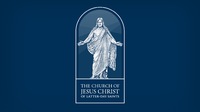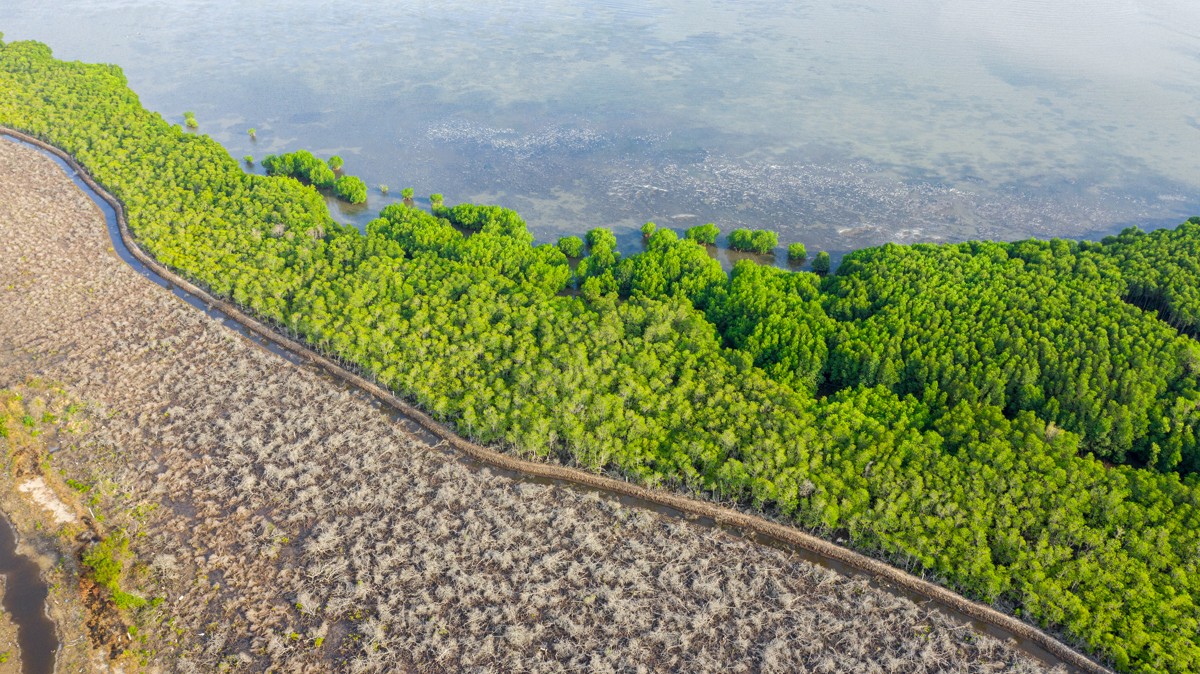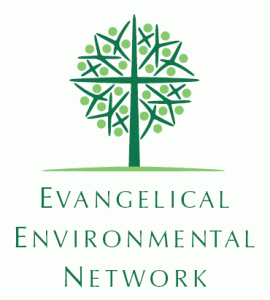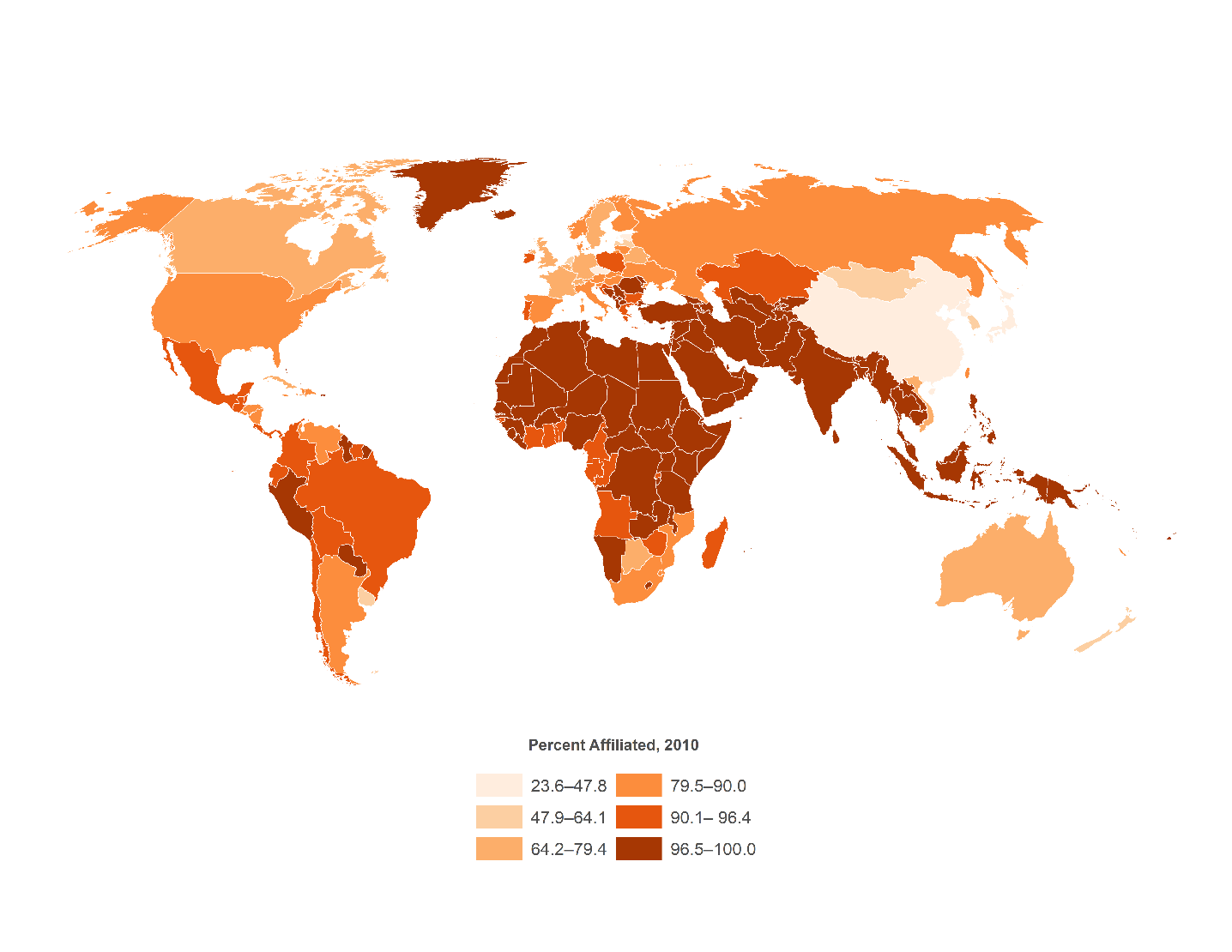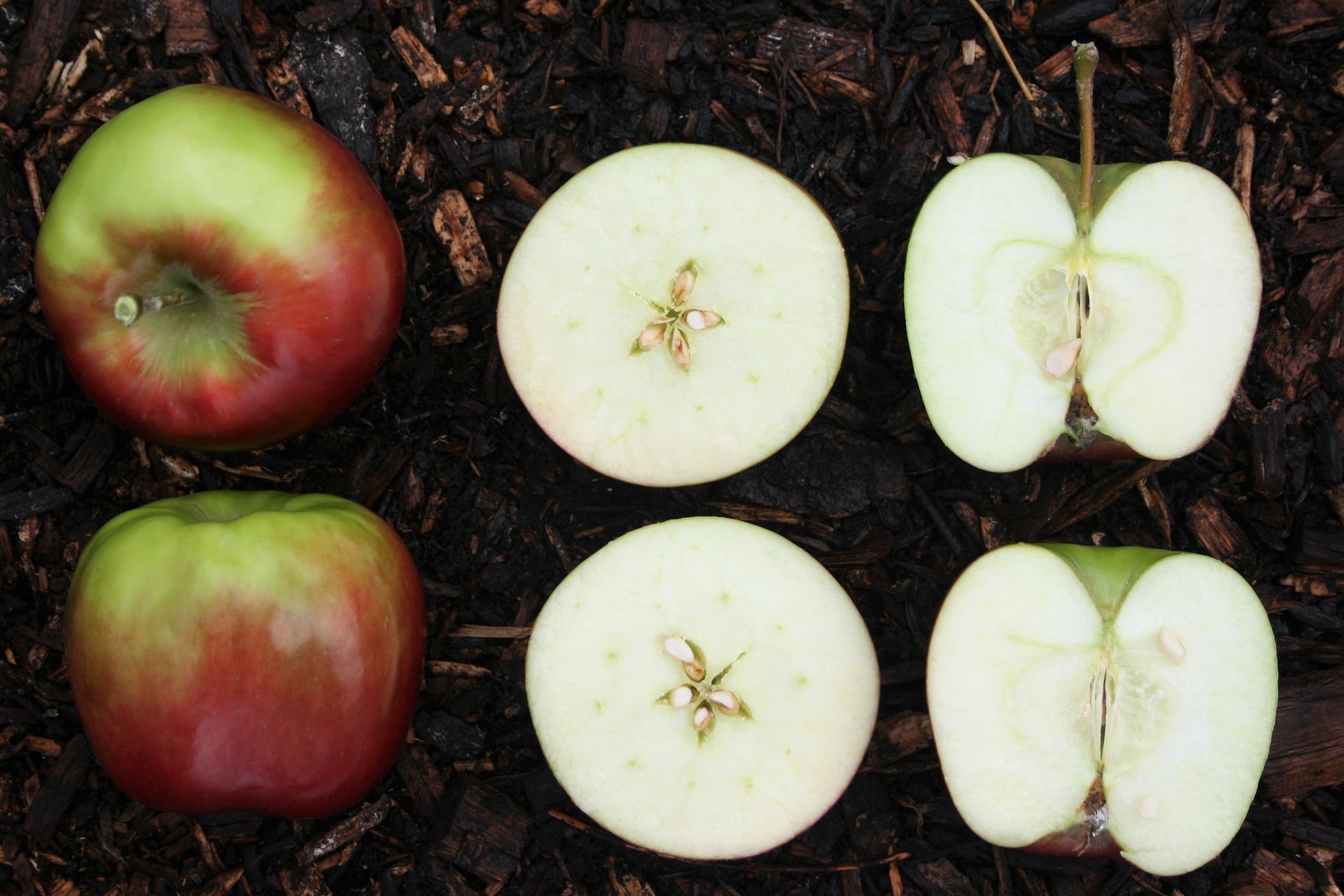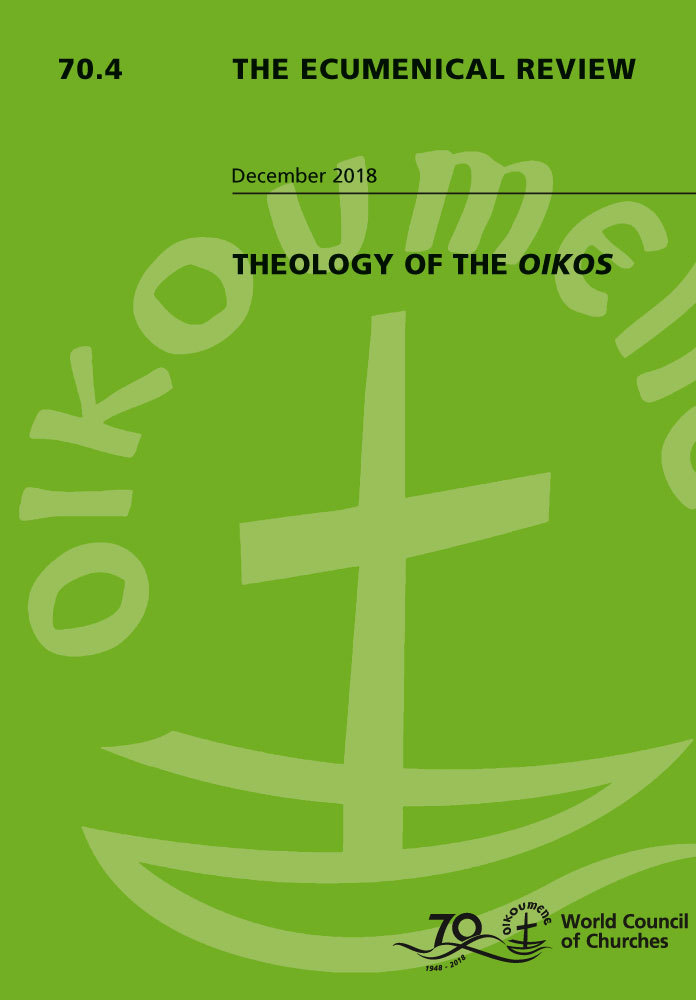Search
12 items
-
In Threatened Island Nation, Pope Hears Plea for Climate Action
Pope Francis visited Papua New Guinea, a Pacific Island nation facing serious environmental issues including water pollution, sea level rise, and deforestation. This continued his involvement in the discussion on climate change as he met with governor general Bob Dadae and spoke at meetings. The article covers the Pope's visit, the environmental challenges facing Papua New Guinea, and the ties between religious positions and care for the environment and people who are affected by climate change. -
Resources for Preaching & Speaking on Climate Change
The resource gives information for preachers and other religious figures to use when talking about climate change. It starts by giving reasons for preaching about climate change and why it is important for us now and in the future. It also gives facts from scientists on the climate which mentions the aspects of climate change such as the causes and effects on the environment, and what humans can do to help. The article then gives biblical themes related to climate change and also gives advice for religious leaders to overcome possible barriers when preaching. -
Environmental Stewardship and Conservation
An article under the Mormon Newsroom from the official website of The Church of Jesus Christ of Latter-day Saints that explains the Church teachings and stance regarding environmental stewardship and conservation. The article also links other Church video resources, as well as a few articles, resources, and a book titled, “Stewardship and the Creation: LDS Perspectives on the Environment”. The book is a compilation of 17 essays that aim to inspire Latter-day Saints to strongly consider the importance of being environmental stewards and protecting God’s creations. -
Overpopulation and the Lifeboat Metaphor: A Critique from an African Worldview
Many scientists have warned that the earth is nearing overpopulation or has already reached its carrying capacity. Garret Hardin proposed the lifeboat ethics metaphor to address this crisis and proper resource distributions. Okyere-Manu comments that this metaphor does not take into account the African political and cultural worldview. Hardin's metaphor is also reliant on inequality which disproportionately affects vulnerable communities. -
How to Green your Parish
This article is about the importance of parishes to participate in environmentally sustainable actions based on Pope Francis’s Laudato Si’. It encourages parishes to strive to become more eco-friendly by taking work together as a community and focusing on change one issue at a time. The article focuses on three main areas: reducing the parishes greenhouse gas, sustaining food and land use, and preserving water. -
The Wisdom of Houseplants
There has been a recent rise in the popularity of houseplants. This resource relates aspects of tending to houseplants to different ways you can be more mindful about your own life. Through caring for the houseplants, this web page reminds you to be adaptable, to be patient, and to expand yourself. While also additionally reminding the reader that letting go and paying attention to your physical health are both key in positive personal growth. -
Applying the hard lessons of coronavirus to the biodiversity crisis
In this article, Jamison Ervin, Manager of Nature for Development at UNDP, summarizes key lessons we have learned during the Covid-19 pandemic and how these can be applied to environmental protection efforts. -
Mercury Pollution a Concern of Evangelical Environmental Network
This article talks about mercury pollution and the pressing issues in need of attention and advocacy. The pro-life evangelicals have been pushing for more restrictions and regulations relating to mercury. This article intends to show how mercury poisoning hurts human lives and its different aspects that have long been overlooked. -
How Religion Influences Our Relationship With the Environment
This article, drawing references from a study in the Journal of Religion and Demography, summarizes how religions influence many environmentally relevant behaviors.
The author and his colleagues discovered that countries with a lower religious population utilize more resources and emit more emissions, but they are also better prepared to deal with the environmental difficulties that emerge since they are wealthier. On the other hand, countries with more religious populations tend to use fewer resources, but they also have less capability to address environmental concerns and are more vulnerable to negative consequences, owing to their high levels of poverty and continued population increase.
The link between religion, poverty, environmental impact, and governance is intricate and ever-evolving; the field continues to call for more research. -
People of faith are allies to stall climate change (Nature Magazine)
Tobias Müller is a political scientist who studies how religious groups respond to problems, from environmental crises to domestic violence to racism. In this article, he explores changes in the intersection of climate science and communities of faith. Müller shares with us patterns he's observed and strategies he's learned in his years in the field that help strengthen collaboration and the power to pursue climate justice. Some core ideas include:
1. Collaborate with religious scientists and local leaders.
2. Stories speak louder than graphs.
3. Talk about what matters to you and your audience. -
The 12 Principles of Permaculture: A Way Forward
This blog article describes the basics of permaculture (permanent culture). Permaculture is rooted in the observation of natural systems and indigenous knowledge. The author introduces the solution permaculture offers to help us transition to a more resilient, ethical, and sustainable future better for the planet and its inhabitants. -
Educational Programme: “The Use of Plants in the Worship of the Orthodox Church” and Its Contribution in Shaping Values of Sustainability
The goal is to connect children to nature with plants that have symbolic value to the bible. They created a Sunday School curriculum that will teach kids the value of having a connection with nature and God. 73% of the students that went through the course said that they cared more about the environment after taking the course.



